US to caps on H-1B visas to counter data localisation Policy by India
By MYBRANDBOOK
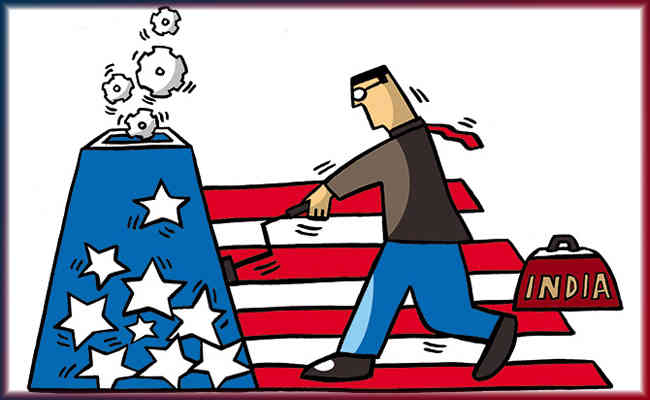
It is absolutely true that US companies are using and misusing data taken from India, else why US is reacting to the data localisation policy brought by India, when it is good for the citizens of India. A question comes on why US firms have lobbied hard against data localisation rules around the world.
Experts says, let US limits the number limited to 10-15% of annual quota of caps on H-1B work visas for nations that force foreign companies to store data locally. three sources with knowledge of the matter told Reuters, widening the two countries' row over tariffs and trade. The plan to restrict the popular H-1B visa programme, under which skilled foreign workers are brought to the United States each year, comes days ahead of US Secretary of State Mike Pompeo's visit to New Delhi.
India last year mandated foreign firms to store their payments data “only in India” for supervision and New Delhi is working on a broad data protection law that would impose strict rules for local processing of data it considers sensitive.
Secondly, India also needs to strong it’s own currency in India and thanks to the Modi Government for taking this strong step and not listening to conditions of Mastercard and irked the US government with stringent new rules on data storage, is the largest recipient of these temporary visas, most of them to workers at big Indian technology firms. Expert says, to benefit few IT companies Indian have to compromise on the data localisation policy and it is not advised.
The most affected industry will be the Indian IT industry, which does business of about $150 billion in the IT sector, including Tata Consultancy Services and Infosys Ltd, which uses H-1B visas to fly engineers and developers to service clients in the United States, its biggest market.
The warning comes as trade tensions between the United States and India have resulted in strong actions recently. From Sunday, India imposed higher tariffs on some US goods, days after Washington withdrew a key trade privilege for New Delhi.
Since last year, the Trump administration has been upset that US companies such as Mastercard and Visa suffer due to regulations in several countries that it says are protectionist and increasingly require companies to store more data locally. Sources said, there is no current country-specific limit on the 85,000 H-1B work visas granted each year, and an estimated 70 per cent go to Indians.
In March the USTR, in a press note, highlighted “key barriers to digital trade”, citing data-flow restrictions in India, China, Indonesia and Vietnam, among others. At a US-India Business Council event last week, Pompeo said, the Trump administration would push for free flow of data across borders, not just to help US companies but also to secure consumers' privacy.
A question comes why there will be free flow of data across the border? Secondly, who gets the benefits? Not only US companies but many technology companies collect data from various sources. Time will come every country will come out with their own data protection policies like they protect their own border.


Legal Battle Over IT Act Intensifies Amid Musk’s India Plans
The outcome of the legal dispute between X Corp and the Indian government c...

Wipro inks 10-year deal with Phoenix Group's ReAssure UK worth
The agreement, executed through Wipro and its 100% subsidiary,...

Centre announces that DPDP Rules nearing Finalisation by April
The government seeks to refine the rules for robust data protection, ensuri...

Home Ministry cracks down on PoS agents in digital arrest scam
Digital arrest scams are a growing cybercrime where victims are coerced or ...

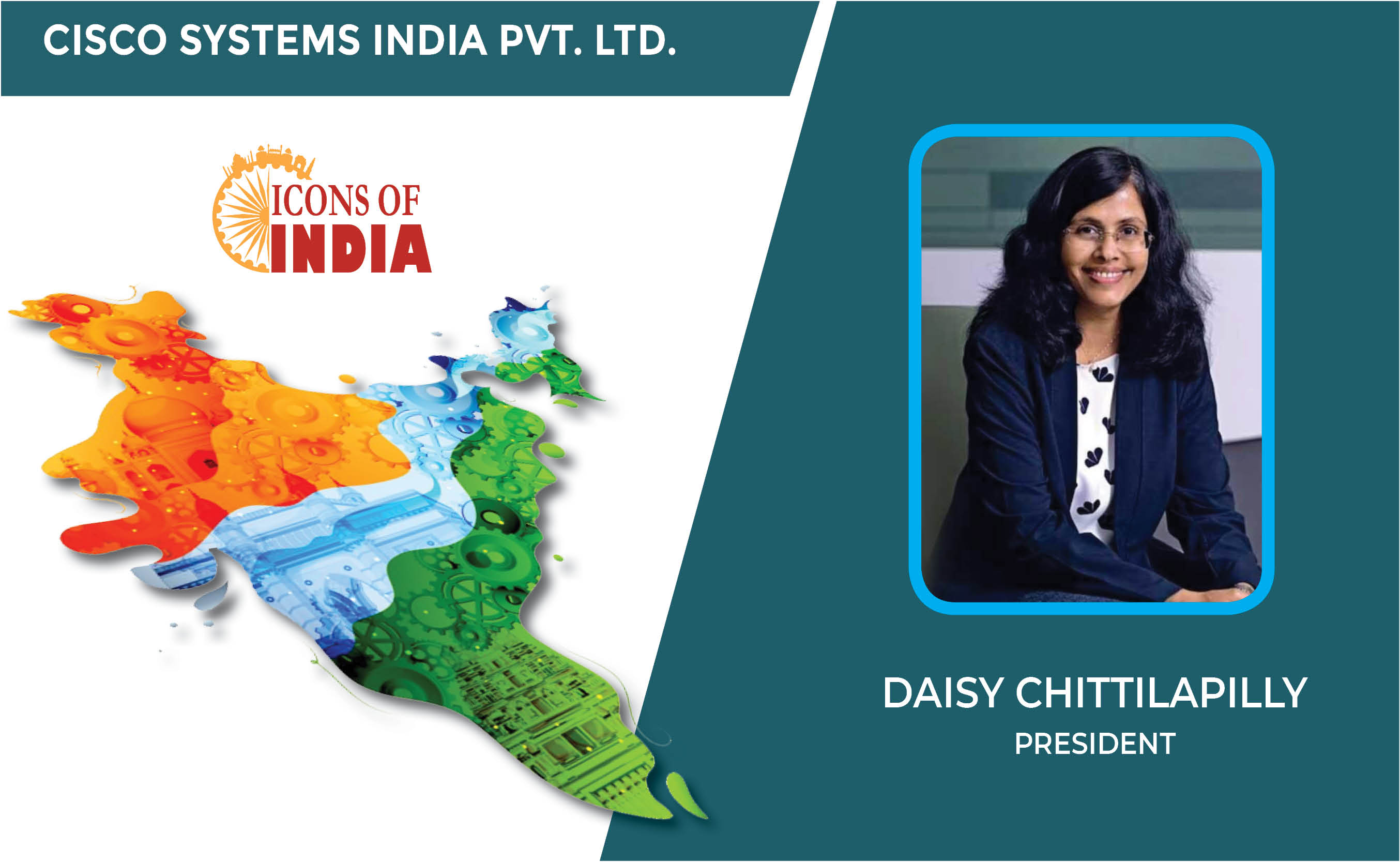
Icons Of India : Daisy Chittilapilly
Daisy Chittilapilly is the President of Cisco’s India and SAARC regi...

ICONS OF INDIA : SACHIN BANSAL
Sachin Bansal is an Indian entrepreneur. He is best known as the found...
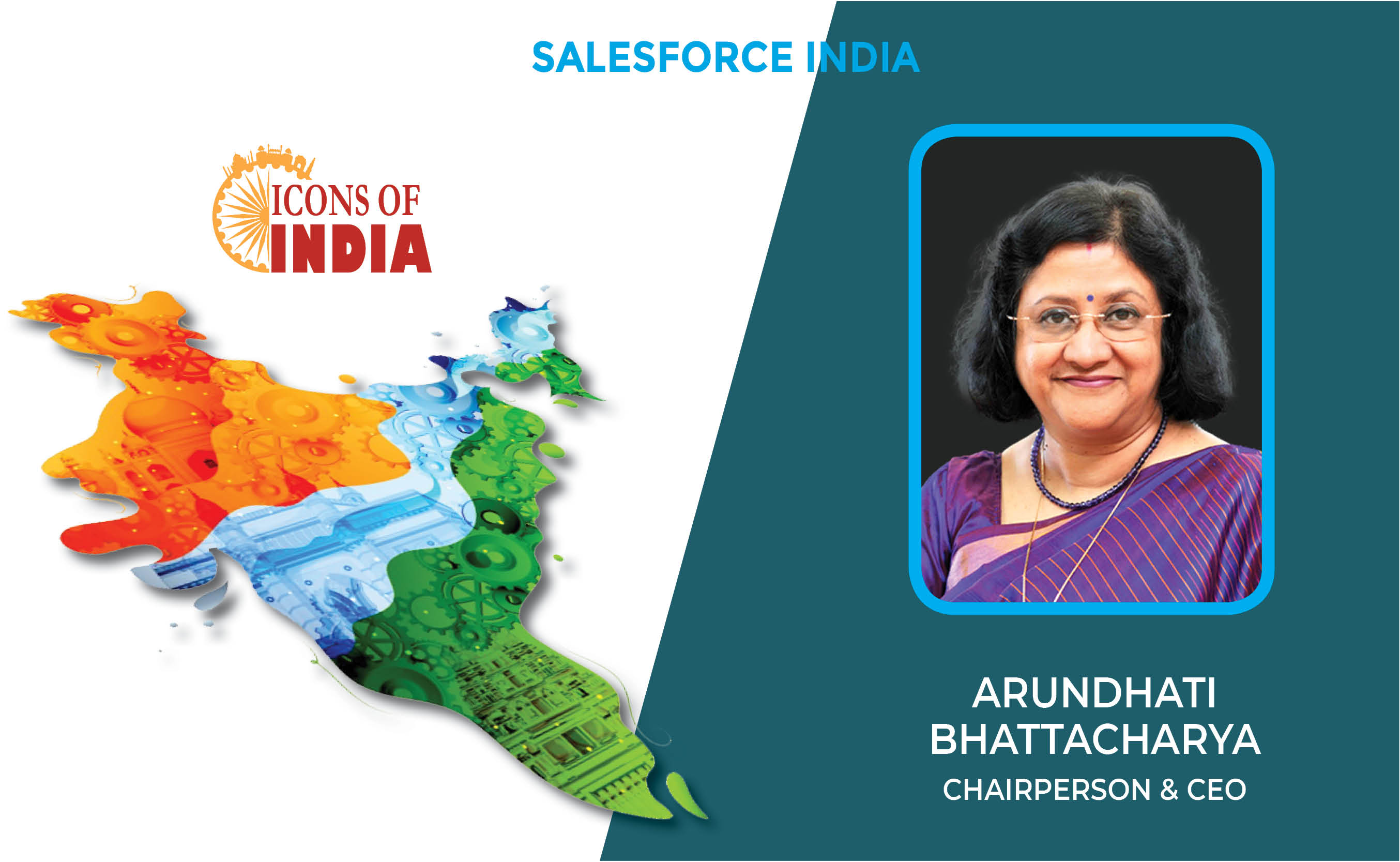
Icons Of India : Arundhati Bhattacharya
Arundhati Bhattacharya serves as the Chairperson and CEO of Salesforce...


C-DAC - Centre for Development of Advanced Computing
C-DAC is uniquely positioned in the field of advanced computing...
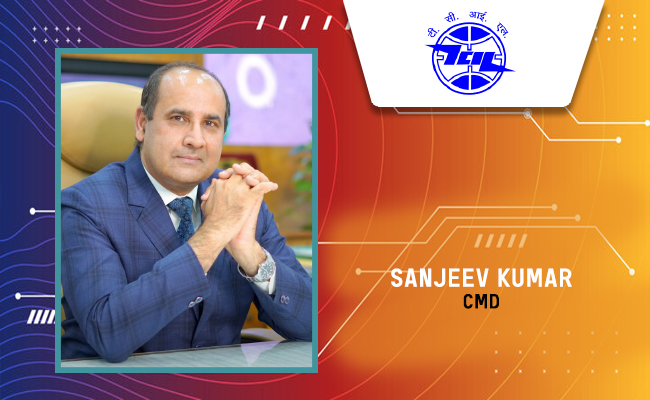
TCIL - Telecommunications Consultants India Limited
TCIL is a government-owned engineering and consultancy company...

BSE - Bombay Stock Exchange
The Bombay Stock Exchange (BSE) is one of India’s largest and oldest...

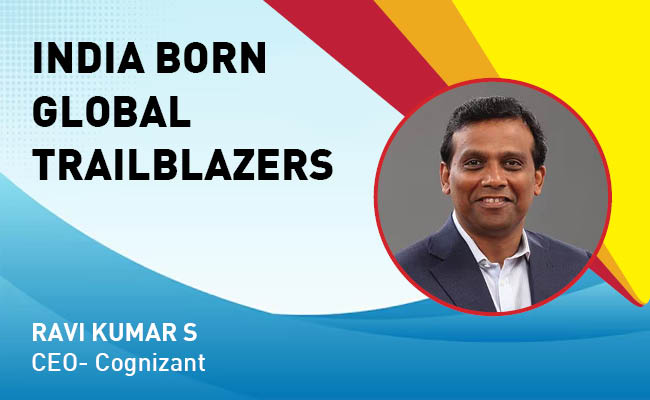
Indian Tech Talent Excelling The Tech World - RAVI KUMAR S, CEO- Cognizant
Ravi Kumar S, appointed as CEO of Cognizant in January 2023, sets the ...
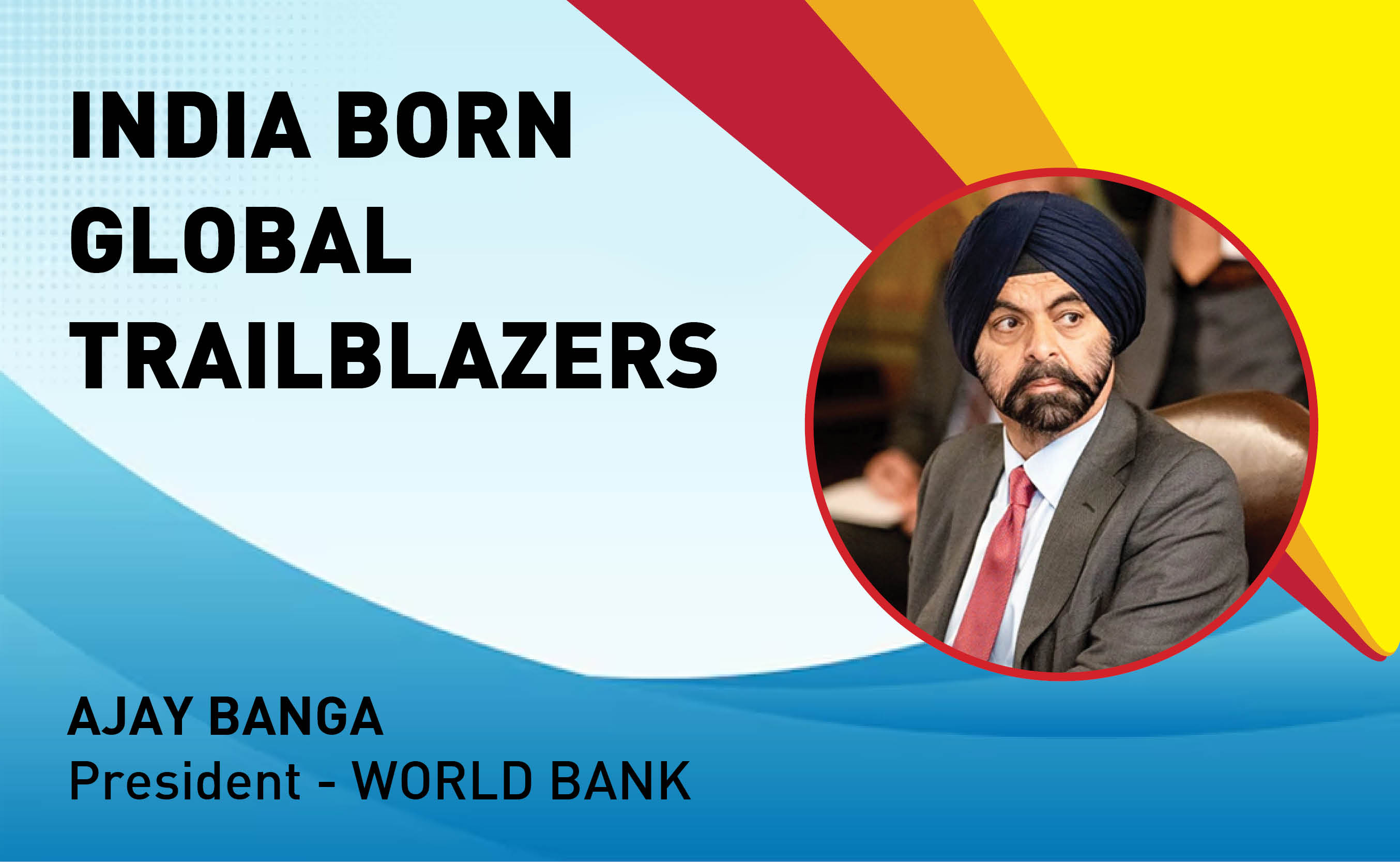
Indian Tech Talent Excelling The Tech World - AJAY BANGA, President - World Bank
Ajay Banga is an Indian-born American business executive who currently...
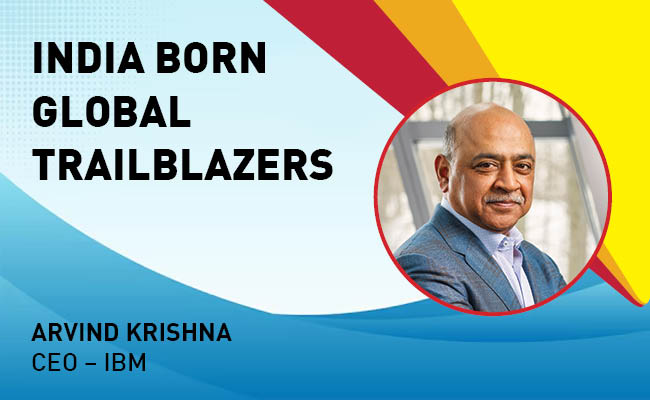
Indian Tech Talent Excelling The Tech World - ARVIND KRISHNA, CEO – IBM
Arvind Krishna, an Indian-American business executive, serves as the C...
 of images belongs to the respective copyright holders
of images belongs to the respective copyright holders